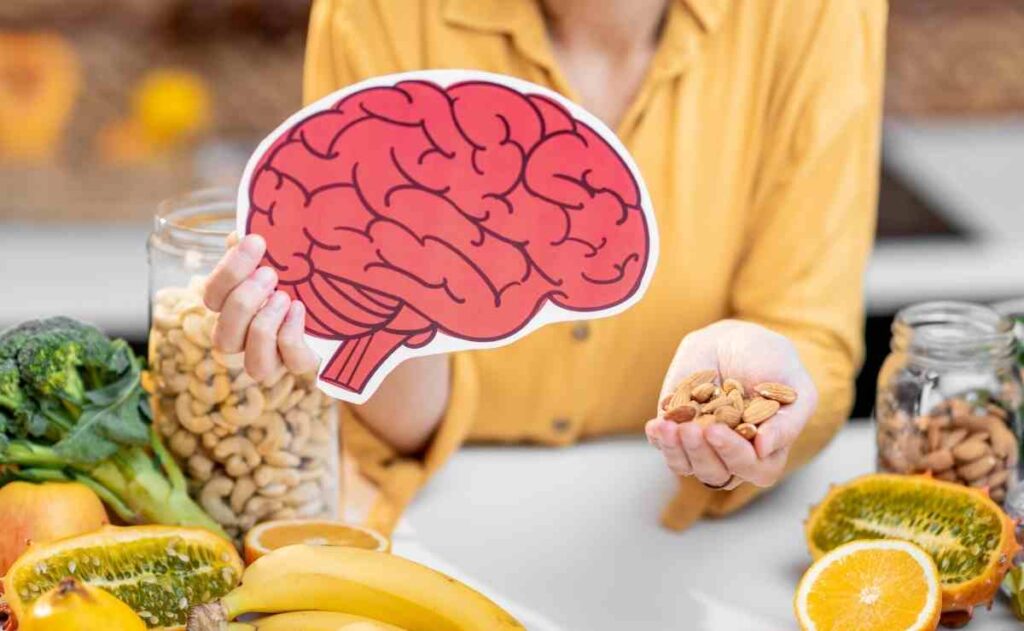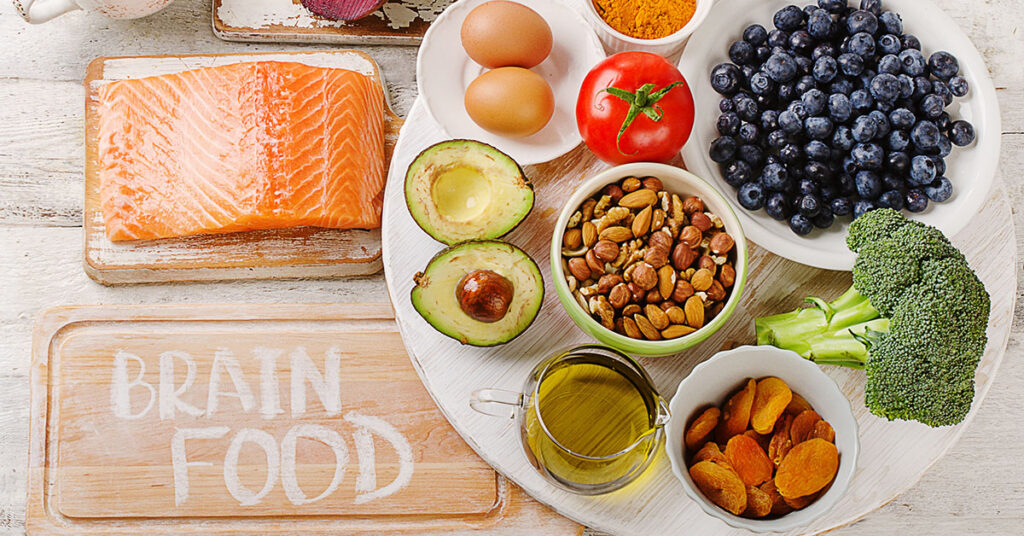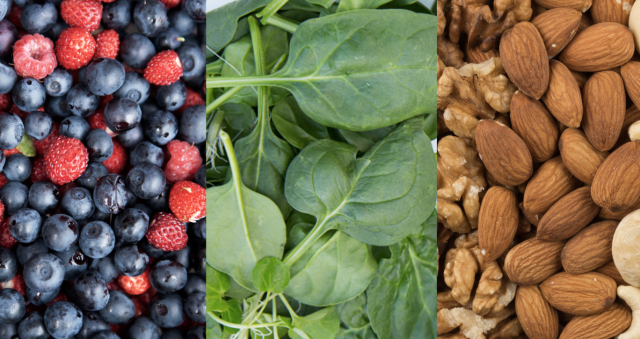Advice from a brain expert and a nutritionist who focuses on brain health about foods you should stay away from.
Even though we can’t fully control how our bodies and minds feel, science shows that what we eat can affect how well our brains work. Some foods can help our brains, while others might make it easier for our brains to get weaker and lead to memory problems. This is important because more and more people are getting memory-related issues like forgetfulness as they get older, especially since we’re living longer. For example, around 1 in 5 people between 85 and 89 years old, and about 1 in 3 people who are 90 or older, have memory problems. This tells us we should pay attention to what we eat to help keep our brains healthy.
Eating the right foods to help your memory is easier than you think. Many foods have nutrients that are good for your brain. If you’re not sure where to start, keep reading to learn from experts who study the brain and diet. They’ll give you advice and tell you the best foods to eat to make your memory better.
Foods to Enhance Memory Function
To help your memory stay strong as you get older, listen to Dr. Raphael Wald, a brain doctor at Marcus Neuroscience Institute in Baptist Health at Bethesda Hospital East. He says the Mediterranean diet is a good option. This diet is great for your brain. It’s about eating foods like fruits, vegetables, beans, fish, nuts, and olive oil. It also says to eat fewer sugary snacks, red meat, and processed foods.
Dr. Wald and Katie Lounsberry, a dietitian, both think the Mediterranean diet is great for memory. This diet focuses on foods like fish, olive oil, and nuts, which have special fats called omega-3 fatty acids. These fats help the brain work well. Omega-3s might stop memory problems in older people. Eating foods with omega-3s, such as fish and nuts, can help keep the brain and memory healthy.

Considering everything, what food is the absolute best for brain health? Among the foods in the Mediterranean Diet that help the brain, Dr. Wald suggests that if he had to choose one, it would be salmon. He believes salmon is possibly the healthiest food for the brain within the Mediterranean diet because it contains beneficial fats.
Research supports this idea. A study revealed that individuals who consumed fish twice a week performed better on brain health assessments and had more gray matter in their brains (a vital tissue for daily functioning) compared to those who ate fish less than twice a week.
If you don’t like fish or follow a vegan diet and want to get omega-3 fats, you can focus on eating nuts. According to Dr. Wald, nuts are a great choice because they’re a healthy snack that you can eat without cooking or preparing. He personally enjoys unsalted mixed nuts at any time of the day. Nuts have protein and good fats, which give your body energy. Among nuts, walnuts are the top choice for improving memory because they have a lot of omega-3s. In a study, older people who ate 15 grams of walnuts daily had better memory and thinking abilities compared to a group that didn’t eat walnuts regularly.
Keep Your Mind Strong: Foods to Avoid for a Good Memory
It’s not only about eating the right foods for memory health, but also avoiding certain foods. Eating a lot of refined grains, red and processed meats, and sugary drinks can raise your chances of getting type 2 diabetes, which increases the risk of Alzheimer’s and dementia. Also, drinking alcohol can harm your memory. So, it’s important to be careful about these foods and drinks.

Dr. Wald believes that regularly eating sugar and artificial sweeteners can make it more likely for people to get dementia. So, if you want to eat in a way that helps your memory, it’s a good idea to avoid drinking a lot of sugary sodas (even diet ones), coffee drinks with sweet syrups or sweeteners, and sugary pastries. It’s also good to know that sugar can be found in unexpected foods like ketchup, pasta sauces, yogurt, and instant oatmeal.
If you’ve been eating a lot of sugary foods, fake sugars, processed grains, and meat for a while, and if switching to the Mediterranean diet seems like a big change, don’t worry. The good news is that it’s never too late to make a positive change for your brain health by eating better, no matter how old you are or what you used to eat. Even though we can’t erase the effects of poor eating in the past, we can always make choices that will help us in the future.

If you eat lots of omega-3 fatty acids and follow the Mediterranean diet with natural foods, and avoid sugary or artificial sweeteners in processed foods, you can help keep your memory strong as you get older. This smart way of eating can help your mind stay sharp for a long time. It’s an easy choice to make!

